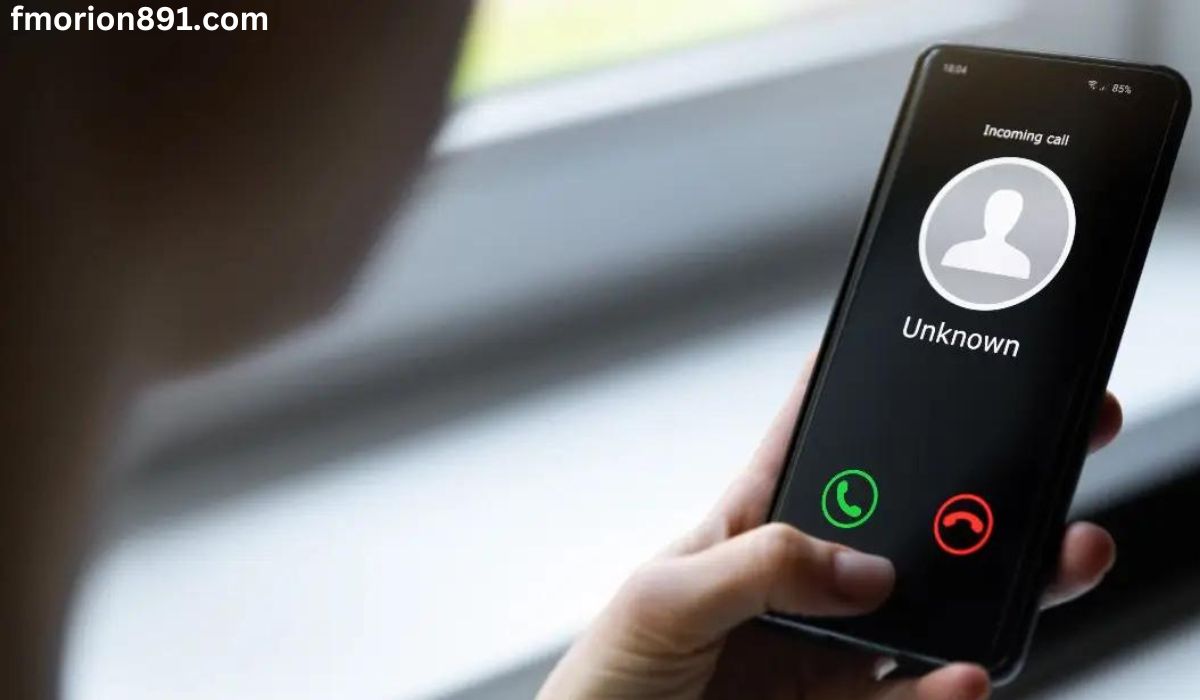Introduction
Have you ever received a call from an unfamiliar number and felt a pang of unease? The number 978-444-5700 might be one of those that causes you to pause. With an increasing number of scam calls and telemarketing attempts, it’s important to understand the potential dangers associated with such calls. In this article, we’ll explore why calls from 978-444-5700 could be problematic, how to identify the caller, and what steps you can take to protect yourself from scams and nuisance calls.
Part 1: Identifying the Caller
Caller ID Information
. Knowing the area code can give you a clue about the geographic location of the caller, but it doesn’t necessarily confirm the legitimacy of the call. Scammers often use local area codes to make their calls appear more credible.
Reverse Phone Lookup
One effective way to gather more information about 978-444-5700 is by using reverse phone lookup services. These services allow you to enter the phone number and see details such as the caller’s name, address, and possibly their business information. While this can sometimes provide useful information, scammers can also use fake or misleading details.
Online Reviews and Reports
Searching online for 978-444-5700 can reveal user reports and reviews about the number. Reading through these reports can give you an idea of whether others have had negative experiences with this number.
Part 2: Types of Scams and Nuisance Calls
Telemarketing
Telemarketing calls are common and usually involve attempts to sell products or services. While not all telemarketing calls are scams, they can be intrusive and annoying. Telemarketers often use aggressive tactics to persuade you to buy or donate.
Debt Collection
Calls from debt collectors can be stressful, especially if you’re not familiar with the debt in question. Collectors may use high-pressure tactics to demand payment, which can include threats or deceptive statements. It’s crucial to verify the legitimacy of any debt claim before taking action.
Phishing
Phishing scams involve callers pretending to be legitimate organizations to obtain personal information. They might claim to be from your bank or another trusted entity, asking for sensitive details such as your social security number or account passwords. Always verify the caller’s identity before sharing any information.
Robocalls
Robocalls are automated calls that can deliver prerecorded messages. While some are legitimate, many robocalls are used for scams or to sell products. They can be particularly bothersome and are often associated with fraudulent activities.
Part 3: Protecting Yourself from Scams
Do Not Call Registry
The National Do Not Call Registry allows you to register your phone number to reduce unsolicited calls. While this won’t stop all telemarketing calls, it can help decrease the volume of unwanted calls you receive.
Caller ID Spoofing
Caller ID spoofing is a technique used by scammers to disguise their real number with a number that appears legitimate.
Screening Calls
Using call screening tools or apps can help you identify and filter out unwanted calls. Many smartphones and apps offer features that can block known scam numbers or alert you if a call is suspected of being a scam.
Hang Up on Suspicious Calls
If you receive a call that seems suspicious or aggressive, it’s best to hang up. Do not engage with the caller or provide any personal information. Scammers often use psychological tactics to pressure you into complying.
Part 4: Reporting Scams and Nuisance Calls
Federal Trade Commission (FTC)
If you encounter a scam, report it to the Federal Trade Commission. The FTC collects information on fraudulent activities and can take action against scammers. Reporting helps protect others from falling victim to similar schemes.
State Attorney General’s Office
Each state has an Attorney General’s office that handles consumer protection and fraud. Contacting your state’s office can provide additional resources and support if you’ve been targeted by a scam.
Your Phone Carrier
Many phone carriers offer services to block unwanted calls or provide tools for managing and reporting spam. Check with your carrier to see what options are available to help you reduce nuisance calls.
You May Also Like: 18004633339: Identifying and Avoiding Potential Scams
Conclusion
Receiving calls from 978-444-5700 or similar numbers can be alarming, especially if you’re unsure about the caller’s intentions. By understanding how to identify the caller, recognizing common types of scams, and knowing how to protect yourself, you can reduce the risk of falling victim to fraudulent activities. Stay informed and vigilant to keep your personal information safe.
FAQs
1. What is the significance of the number 978-444-5700?
The number 978-444-5700 may be associated with telemarketing, scams, or other nuisance calls. Identifying its legitimacy is crucial for protecting personal information.
2. How can I find out who is calling from 978-444-5700?
Use reverse phone lookup services and check online reviews to gather information about the caller. This can help you determine if the call is legitimate.
3. What are common scams associated with phone calls?
Common scams include telemarketing, debt collection pressure, phishing attempts, and robocalls. Each has its tactics to deceive and pressure individuals.
4. How can I reduce unwanted calls?
Register your number on the National Do Not Call Registry, use call screening tools, and be cautious of caller ID spoofing.
5. What should I do if I receive a suspicious call?
Hang up immediately and do not provide any personal information. Report the call to relevant authorities such as the FTC or your state Attorney General’s office.










